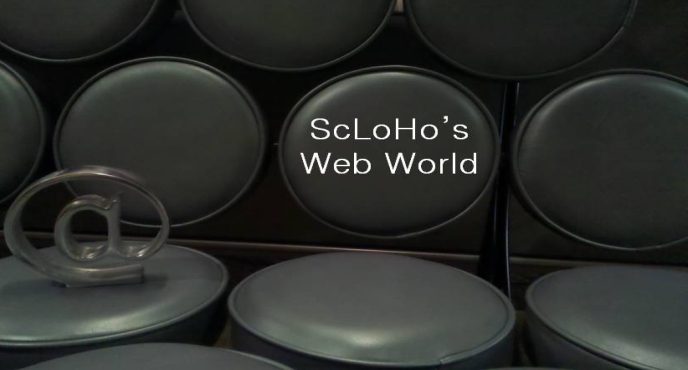
The Danger of Relying on Facebook
Last Tuesday, the world freaked out because of a glitch in the internet.
Specifically Facebook’s parent company Meta, and most of their affiliated social and internet related sites and features became inoperable starting around 10am eastern time.
I am actually writing this on Tuesday March 5th, two hours later and it’s still down on laptops, but currently working on my phone via the app.
The ramifications for the ordinary, everyday user is just an inconvenience. I can live without Facebook, Instagram, Threads even though I post daily, it’s not like a primary source of marketing or making money for me personally.
However, for others, this kind of thing is costly. Imagine not being able to do business because people could not reach you. It will be interesting to see if there will be an estimate of the millions of dollars lost due to the Meta platforms being down for a few hours. Considering the size of Facebook alone, I imagine over a billion dollars in lost revenue.
I pulled some numbers from the website, The Social Sheperd that say there are over 3 Billion monthly Facebook users world-wide. 2 Billion people are on Facebook daily. In the United States, over half the population has a Facebook account and 7 out of 10 Americans who use the internet are on Facebook too. I have a couple of coworkers that fall into the category of internet users but not on Facebook.
From a business standpoint, I had a client a few years ago that lost at least a weeks worth of revenue what Facebook decided to shut down his business account. He was spending $20,000 a month just on Facebook ads and getting a 4 to 1 return. Fortunately he was able to scramble and rebrand his business and build it up again with money he had saved up, but many business people that place such a heavy emphasis on marketing platforms they can’t control are stuck when that platform fails like Facebook did
My advice has always been to create your own spot on the web, something you own. Your own website, not just a social media page. I know it’s tempting to just rely on the easy way but if it’s also a lazy way, you could be sunk.
One more success story to share with you, and this is about an HVAC company that has been around for 10 years without a website or social media. I met with the owner recently because he is looking to invite WOWO radio listeners to become his customers. I asked him the secret to his successful growth over the past decade without the usual online presence and it came down to having good relationships with a few key people in town that have kept him and his company busy. The good old fashioned trusted word of mouth that you earn when you run your business right.
Now in order to invite our listeners to become his customers, he’s going to invest in a basic website which we can direct listeners to and will give his company credibility to those that don’t know him yet.
What about you? Are you needing some guidance and help on how to market your business? Contact me and let’s talk.





